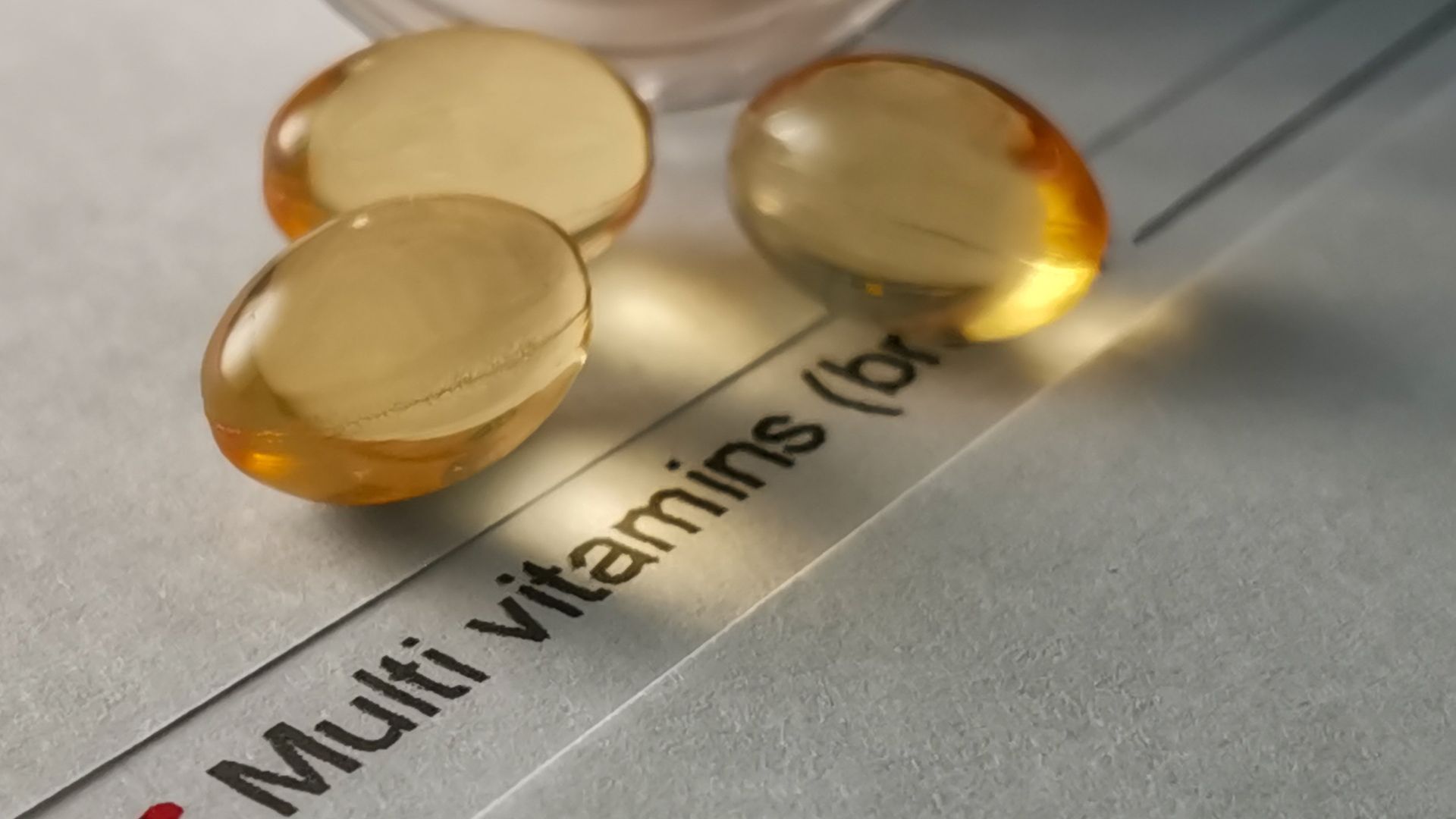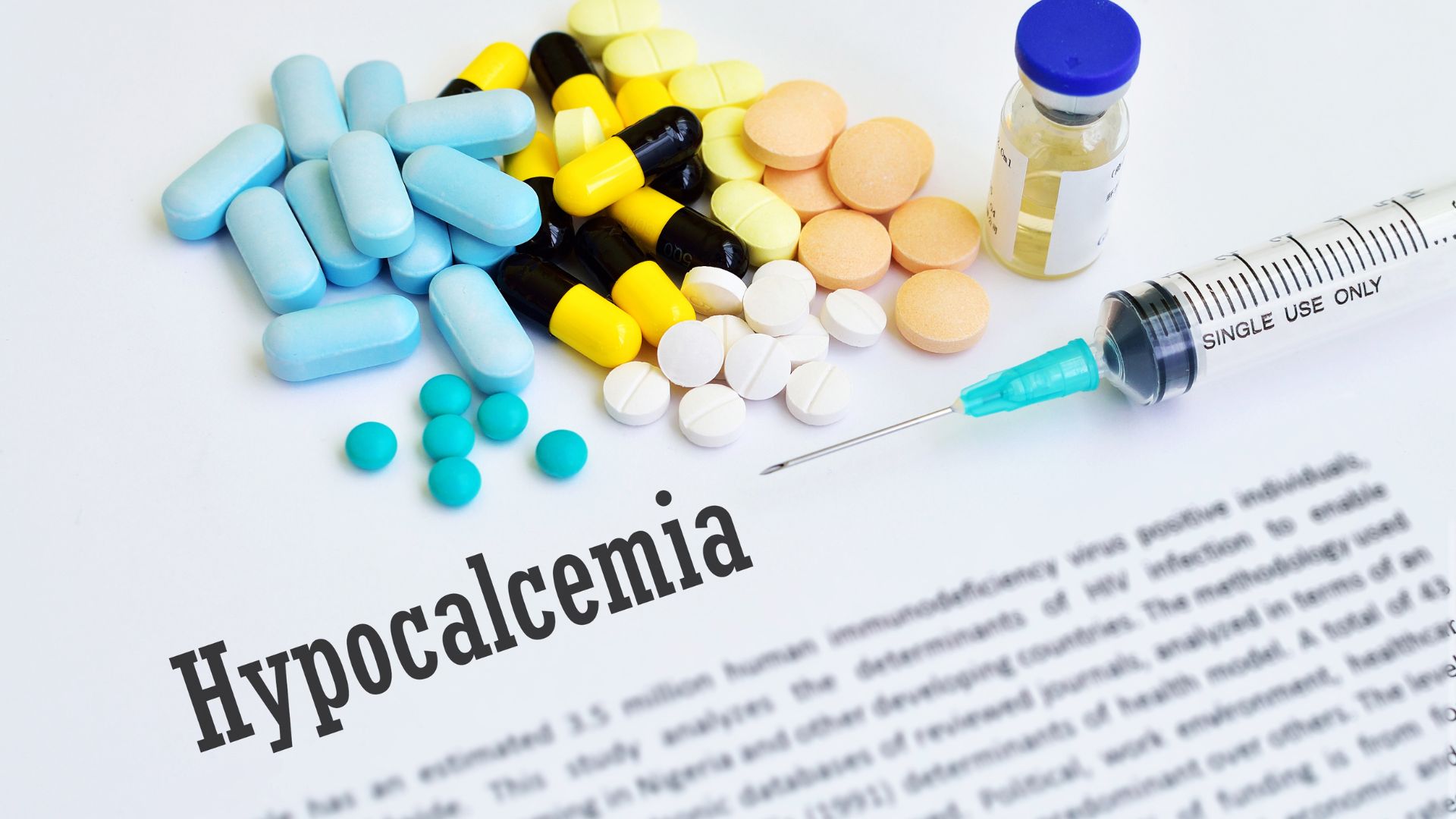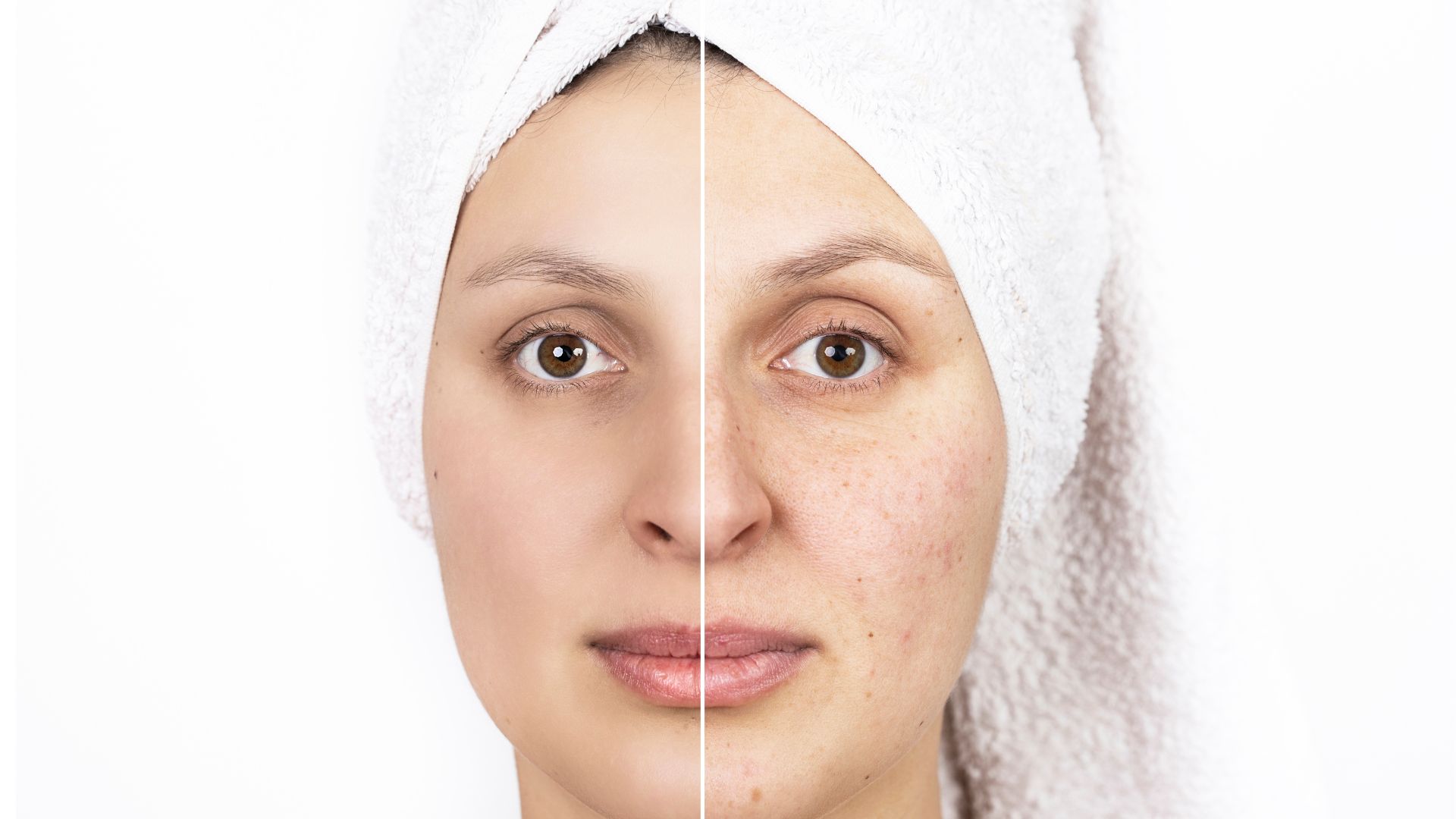What is Itching?
Itching, also known as pruritus, is a common sensation that causes a strong urge to scratch a particular area of the body. It can occur anywhere on the skin and can range from mild to severe. Itching is not a disease itself, but rather a symptom of an underlying condition.
The exact cause of itching can vary and is often difficult to determine. It can be the result of a wide range of factors including skin conditions, allergies, insect bites, dry skin, and certain medications. Itching can also be a symptom of more serious medical conditions such as liver disease, kidney failure, or certain types of cancer.
When a person experiences itching, the skin’s nerve cells send signals to the brain, alerting it to the presence of something irritating or potentially harmful. In response, the brain triggers the urge to scratch, which can provide temporary relief. However, scratching can also damage the skin and lead to further irritation or infection.
Fortunately, there are several measures that can be taken to relieve itching. One of the first steps is to identify and treat the underlying cause. This may involve treating an underlying skin condition, avoiding allergens, changing medications, or addressing any systemic illnesses.
In addition to treating the underlying cause, there are a variety of over-the-counter and prescription medications available to help relieve itching. These can include antihistamines, corticosteroids, and topical creams or ointments. It is important to consult with a healthcare professional to determine the most appropriate treatment for each individual case.
There are also several non-medical techniques that can provide relief from itching. Applying cool compresses, taking lukewarm baths or showers, using moisturizers, and wearing loose-fitting clothing can all help alleviate itching. Avoiding harsh soaps and detergents and minimizing exposure to irritants can also be beneficial.
What causes Itching?
Itching, or pruritus, is a common symptom that can occur for a multitude of reasons. Understanding what causes itching can help in diagnosing and treating the underlying condition. There are several main causes of itching:
Allergies:
Allergic reactions are a frequent cause of itching. When you come into contact with substances that can trigger an allergic response, such as certain foods, medications, or environmental allergens like pollen or pet dander, your immune system reacts and can lead to itching. Allergies can manifest as skin rashes, hives, or eczema, contributing to the itchiness.
Dry Skin:
Dry skin is another common cause of itching, especially during colder months or in arid climates. When the skin becomes dry, it loses moisture and becomes itchy. This is often worsened by excessive bathing or using harsh soaps, which can strip the skin of its natural oils and further contribute to dryness and itching.
Insect Bites and Infestations:
Insect bites from mosquitoes, fleas, bed bugs, or other insects can cause intense itching due to the body’s immune reaction to the injected substances. Additionally, infestations like scabies or lice can lead to persistent itching. Scratching these areas can result in broken skin, increasing the risk of infection.
Skin Conditions:
Various skin conditions can cause itching, including eczema, psoriasis, and dermatitis. Eczema, also known as atopic dermatitis, is characterized by red, itchy, and inflamed skin. Psoriasis results in thick, scaly patches of skin that can be itchy and painful. Contact dermatitis occurs when the skin comes into contact with an irritant or allergen, leading to itching and inflammation.
Systemic Conditions:
Itching can also be a symptom of certain systemic conditions. Liver disease, such as hepatitis or cirrhosis, can cause itching due to the buildup of toxins in the body. Kidney disease can lead to the accumulation of waste products in the blood, resulting in pruritus. In some cases, certain cancers, like lymphomas or leukemias, can cause itching as well.
These are just a few of the main causes of itching. It’s important to remember that persistent or severe itching should always be evaluated by a medical professional, as it may indicate an underlying condition that requires treatment. Treatment for itching typically involves addressing the underlying cause, managing symptoms, and providing relief through the use of medications, creams, or other therapeutic measures.
What precautions you should take for Itching?
Itching, medically known as pruritus, can be a bothersome symptom that can be caused by various conditions. While it can be tempting to scratch the affected area, doing so may exacerbate the itch or even lead to skin damage. Here are some precautions that one must take when dealing with itching:
Avoid scratching: Although it’s instinctual to scratch an itchy area, doing so can worsen the irritation and possibly break the skin, leading to a risk of infection. Instead, try patting or gently rubbing the affected area to relieve the itchiness without causing harm.
Maintain proper hygiene: Keeping the affected areas clean and dry is crucial for minimizing itching and preventing infections. Regularly wash with mild soap and warm water, and pat dry gently.
Avoid irritants: Identify any potential triggers that may be causing or worsening your itching, such as certain fabrics, detergents, soaps, or cosmetics. Try to avoid these irritants to prevent further discomfort.
Moisturize the skin: Dry skin can contribute to itching, so it is essential to keep the skin well moisturized. Choose fragrance-free moisturizers or emollients suitable for your skin type and apply them regularly, especially after bathing.
Cool compresses: Applying a cold compress or ice pack wrapped in a thin towel to the itchy area can provide temporary relief by numbing the nerves and reducing inflammation.
Trim nails: Keeping your nails short and smooth can help prevent unintentional scratching and reduce the risk of infection, especially if the itching persists.
Manage stress: Itching can often worsen under stressful conditions. Engaging in stress-reducing techniques such as relaxation exercises, deep breathing, or engaging in hobbies you enjoy may help alleviate itching caused by stress.
Consult a healthcare professional: If itching persists, becomes severe, or is accompanied by other worrisome symptoms, it is essential to seek medical advice. A healthcare professional can evaluate your symptoms, identify any underlying causes, and recommend appropriate treatment options to alleviate your itching.
By following these precautions, you can help manage itching symptoms, reduce discomfort, and promote skin health. If you have any concerns or questions about your itching, don’t hesitate to consult your healthcare provider for personalized advice.
What are the main symptoms of Itching?
Itching, also known as pruritus, is a common symptom that can occur due to a variety of reasons. It is an uncomfortable sensation that often leads to the desire to scratch the affected area. While itching itself is not a medical condition, it can be a symptom of an underlying issue requiring attention.
The main symptom of itching is a persistent, irritating sensation on the skin or mucous membranes. This sensation can vary in intensity and may be accompanied by other symptoms depending on the underlying cause. The skin texture in the affected area may become rough, dry, or scaly, making it even more prone to itching.
Itching can occur all over the body or be localized to specific areas such as the scalp, face, arms, legs, or genitals. The severity of the itch can vary, ranging from mild and occasional to severe and persistent. Some individuals may experience itching only during certain times of the day, while others may have constant symptoms.
In addition to the physical discomfort, itching may also cause emotional distress, leading to feelings of frustration, irritability, and difficulty concentrating. Continuous scratching of the affected area can further aggravate the skin, causing redness, swelling or even open sores due to excessive scratching, which can lead to a secondary infection.
How Itching is diagnosed?
Diagnosing itching, also known as pruritus, involves a thorough evaluation of the patient’s medical history and a physical examination. The initial step is to assess the characteristics of the itch, such as its duration, location, intensity, and triggers. Understanding these details can help in determining the underlying cause of the itching.
During the physical examination, the healthcare provider examines the skin to look for any visible signs, such as redness, swelling, or rash, that can provide clues about the cause of the itching. They may use a dermatoscope, a handheld device with a magnifying lens and light, to examine the skin more closely and identify any subtle changes.
Depending on the patient’s symptoms and examination findings, further diagnostic tests may be ordered. These tests can include blood tests, skin biopsies, patch testing, or allergy tests to rule out specific causes of itching, such as infections, autoimmune conditions, or allergies. In some cases, a referral to a dermatologist or allergist may be necessary for specialized testing or consultation.
What are some of the main medical treatments for Itching?
There are several medical treatments available for itching, depending on the underlying cause. For mild cases of itching, over-the-counter antihistamines like diphenhydramine or cetirizine are commonly recommended. These medications work by blocking the release of histamine in the body, which is responsible for triggering itchiness.
In more severe cases, prescription-strength antihistamines or corticosteroids may be prescribed to provide relief. For itching caused by skin conditions like eczema or psoriasis, topical creams or ointments containing hydrocortisone or calcineurin inhibitors can help reduce inflammation and alleviate itching.
Additionally, moisturizers and emollients can provide soothing relief by hydrating and protecting the skin. If the itching is due to an underlying medical condition, treating the root cause becomes crucial in managing the symptom. A thorough evaluation by a healthcare professional is recommended for an accurate diagnosis and appropriate treatment plan.
Which supplements work best with Itching?
When it comes to managing itching, there are several supplements that have shown promising results. One supplement that has been widely studied and proven effective is omega-3 fatty acids. These essential fatty acids have anti-inflammatory properties and can help reduce itching associated with conditions like eczema and psoriasis. You can find omega-3 supplements in the form of fish oil, krill oil, or algae-based supplements.
Another supplement that may help with itching is vitamin D. Research has suggested that vitamin D deficiency can contribute to skin conditions that cause itching, such as atopic dermatitis. Supplementing with vitamin D might improve symptoms and provide relief from itching. It’s important to note, however, that you should always consult with a healthcare professional before starting any new supplement, as they can guide you on the proper dosage.
Probiotics have also been shown to have a positive effect on itching. These beneficial bacteria can help improve gut health and reduce inflammation, which can indirectly alleviate itching. In particular, probiotics containing strains like Lactobacillus rhamnosus and Lactobacillus reuteri have demonstrated potential in managing itching associated with dermatitis and allergic reactions.
Lastly, a compound called N-acetyl cysteine (NAC) has shown promise in reducing itching. NAC is an antioxidant that helps regulate glutamate, a neurotransmitter involved in itch sensations. Some studies have found that NAC supplementation can help alleviate itching in conditions like chronic kidney disease and liver disease.
Frequently Asked Question on Itching
What is itching?
Itching, medically known as pruritus, is a sensation on the skin that triggers the desire to scratch. It can be caused by a variety of factors, such as dry skin, insect bites, allergic reactions, or certain medical conditions. Itching can range from mild to severe and can be quite bothersome.
What causes itching?
Itching can be caused by numerous factors. Some common causes include:
Dry skin, Insect bites or stings, Allergic reactions to substances like pollen, pet dander, or certain medications, Skin conditions like eczema, psoriasis, or dermatitis, Fungal infections like ringworm, Parasitic infestations, such as scabies or lice, Underlying medical conditions like kidney or liver disease, diabetes, or thyroid problems, Reaction to certain fabrics or chemicals.
How is itching diagnosed?
Diagnosing the cause of itching can sometimes be challenging, as it can have multiple underlying factors. A medical professional will typically begin by asking about your symptoms, medical history, and any recent exposures to potential irritants. A physical examination of the affected area may also be conducted. In some cases, additional tests such as blood work, skin patch tests, or skin biopsies may be ordered to help identify the cause of itching.
How can itching be treated?
The treatment for itching depends on the underlying cause. Some general approaches to relieving itching include:
Topical creams or ointments that contain antihistamines or corticosteroids
Moisturizing lotions or creams to help alleviate dry skin
Avoiding triggers or irritants that may be causing the itching
Taking over-the-counter antihistamines to help reduce itching and inflammation
Prescription medications to target specific underlying conditions
Managing stress levels, as stress can sometimes worsen itching
When should I see a doctor for itching?
If your itching persists for more than a few days, becomes severe, or is accompanied by other concerning symptoms like fever, rash, or difficulty breathing, it is important to seek medical attention. A healthcare professional can help determine the underlying cause and provide appropriate treatment.
Is scratching an itch harmful?
While scratching may provide temporary relief, excessive scratching can damage the skin and lead to further complications. Scratching can cause skin breaks, which can increase the risk of infection. It can also worsen the itching sensation and create a cycle of itch-scratch that becomes difficult to break. Whenever possible, it is recommended to try alternative methods like applying a cold compress or using anti-itch creams to relieve itching.
Can stress make itching worse?
Yes, stress can sometimes worsen itching. Stress can trigger or exacerbate certain skin conditions like eczema or psoriasis, causing increased itchiness. It can also create a heightened awareness of itching, making it more bothersome. Finding ways to manage stress, such as practicing relaxation techniques or engaging in physical activity, may help in reducing itching caused by stress.
Are there any home remedies for itching?
There are several home remedies that may provide relief from itching, depending on the cause. Some common home remedies include:
Applying cool compresses or ice packs to the affected area
Taking a lukewarm bath with colloidal oatmeal or baking soda
Avoiding hot showers or baths, as hot water can dry out the skin
Using fragrance-free and gentle soaps or cleansers
Applying natural moisturizers like coconut oil or aloe vera gel
Avoiding scratching and keeping nails trimmed to prevent skin damage
Can itching be a symptom of a serious medical condition?
Yes, itching can sometimes be a symptom of an underlying serious medical condition. Conditions like liver disease, kidney failure, or certain types of cancer can cause generalized itching. If you have persistent, unexplained itching or if it is accompanied by other concerning symptoms, it is important to consult with a healthcare professional for proper evaluation and diagnosis.
Understand the who, what & why behind your favourite products
Brand Values | Product Philosophy | Product USPs
Read brand stories, their raison-d'etre, and understand what drives them to caringly create the highest quality products for your well-being.
Brand stories
Expert reviews you can rely upon
Expert Insights | Product Reviews | Connect with Experts
Gain valuable insights and read unbiased product reviews by subject matter Experts on Zotezo, the ultimate trust commerce platform, that empowers millions globally to make informed decisions for their wellbeing.
Expert Advisory









